-

John Truby’s Story Beats for 14 Genres
•
As John Truby says in The Anatomy of Genres, a genre is not just a familiar way of living in the world of stories. It is a system. Any system–from the biological system of the body or the internal combustion engine of a car–succeeds only when each of its component parts performs its job and…
-

Naming Right: A Chance to Fix a Mistake by the Lake
•
Cleveland’s major league baseball team, known for decades as the Indians, struck out by taking the name the Guardians. It’s hard to think of a blander moniker, especially for a gritty city like Cleveland with such a great baseball tradition. Seriously, the name was inspired by a statue on a bridge that no one…
-
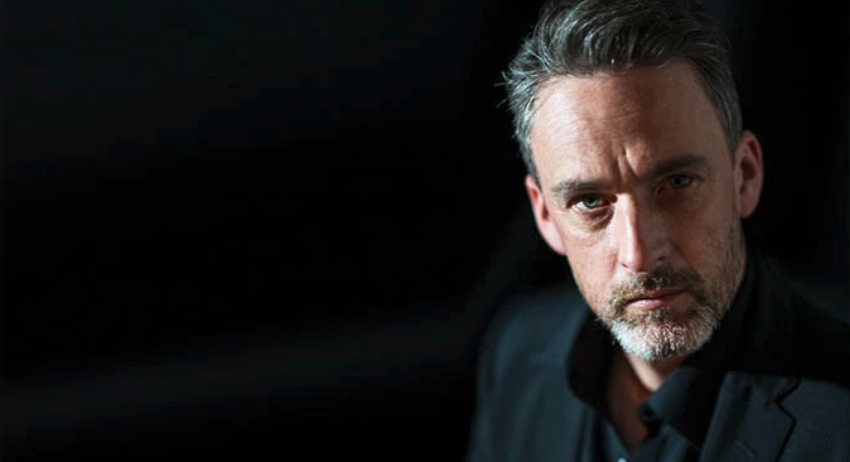
Will Storr on Storytelling, Writing, and the Brain
•
Will Storr is England’s Malcolm Gladwell–a polymath who uses stories to explore complex and compelling ideas. His books include The Heretics, Selfie, Will Storr vs. The Supernatural, and the Science of Storytelling. His latest, The Status Game, will be released in September. His is also author of a novel called The Hunger and The…
-
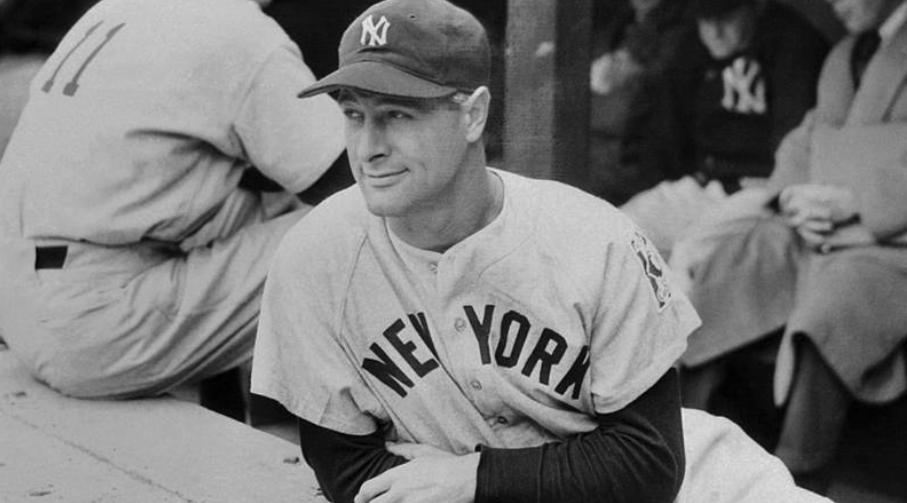
The Dangerous Stoicism of Lou Gehrig
•
On June 2, 1925, a 21-year-old rookie named Lou Gehrig played first base for the New York Yankees against the Washington Senators. He replaced Wally Pipp, a star player who was struggling with a .244 batting average. Gehrig was hitting only .167 in limited duty, but the Yankees were just a game out of…
-

Slot Man: The Battle Over Truth and Ethics Between Seth Abramson and Lyz Lenz
•
Long ago, when I was starting out in the world of journalism, I discovered the anonymous but irreplaceable character of the “slot man.” On the various section desks of the daily newspaper, editors were seated in a horseshoe arrangement of desks. When reporters weren’t out on a story, they worked there too. The slot…
-
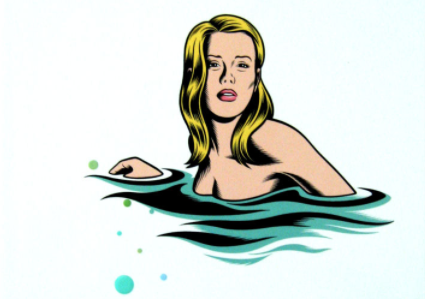
How To Draw Readers into the Story – Right Away
•
If you want a fun ride through the bizarro world of Florida, the modern spirit of destruction, and how ordinary people get pulled into wild tales of adventure, you can’t do better than Carl Hiaasen. Hiaasen is a columnist for the Miami Herald and a bestselling author. Everything he writes offers a clinic on…
-
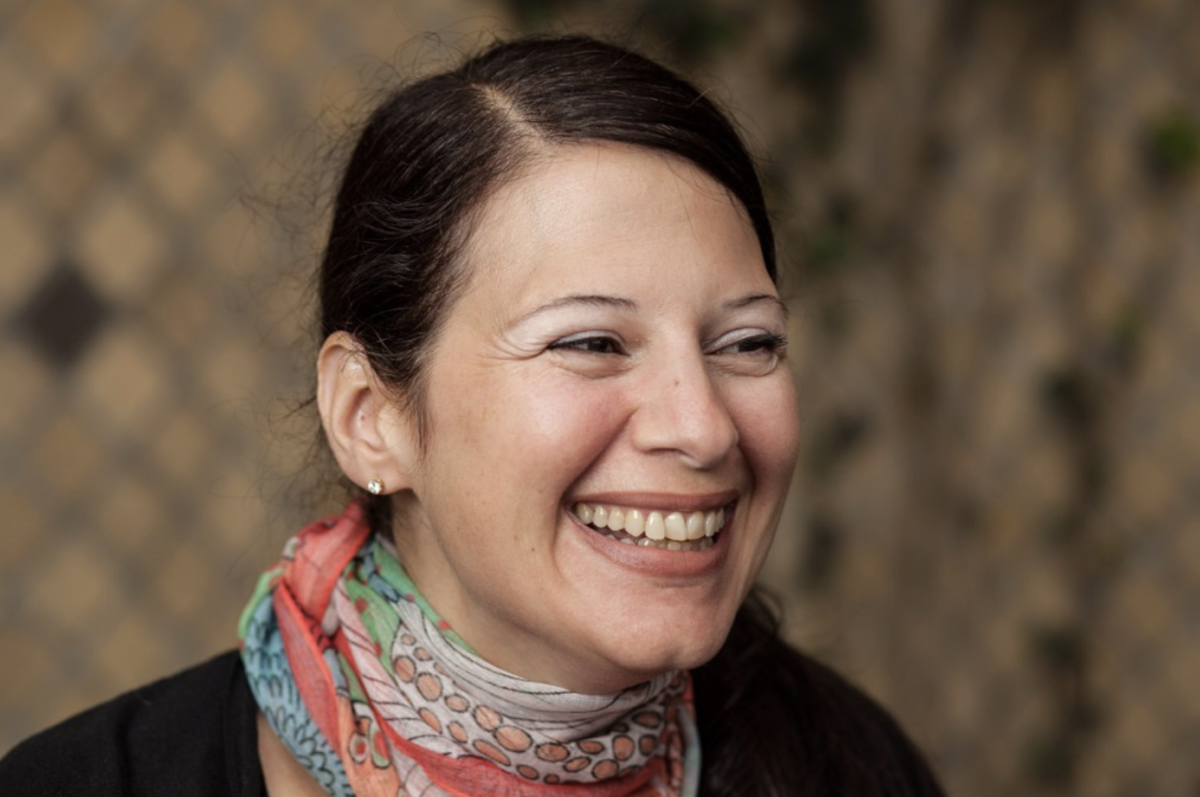
How Donald Trump’s Rhetoric Jazzes His Base … And Splits the Nation
•
Growing up in Detroit and northern California, Jennifer Mercieca used to watch the TV news with her father. Her dad, an autoworker, was an immigrant from Malta, about 60 miles from Sicily, which, she notes, is “the birthplace of rhetoric.” Over time, as she explored journalism and public affairs, she developed an interest in…
-
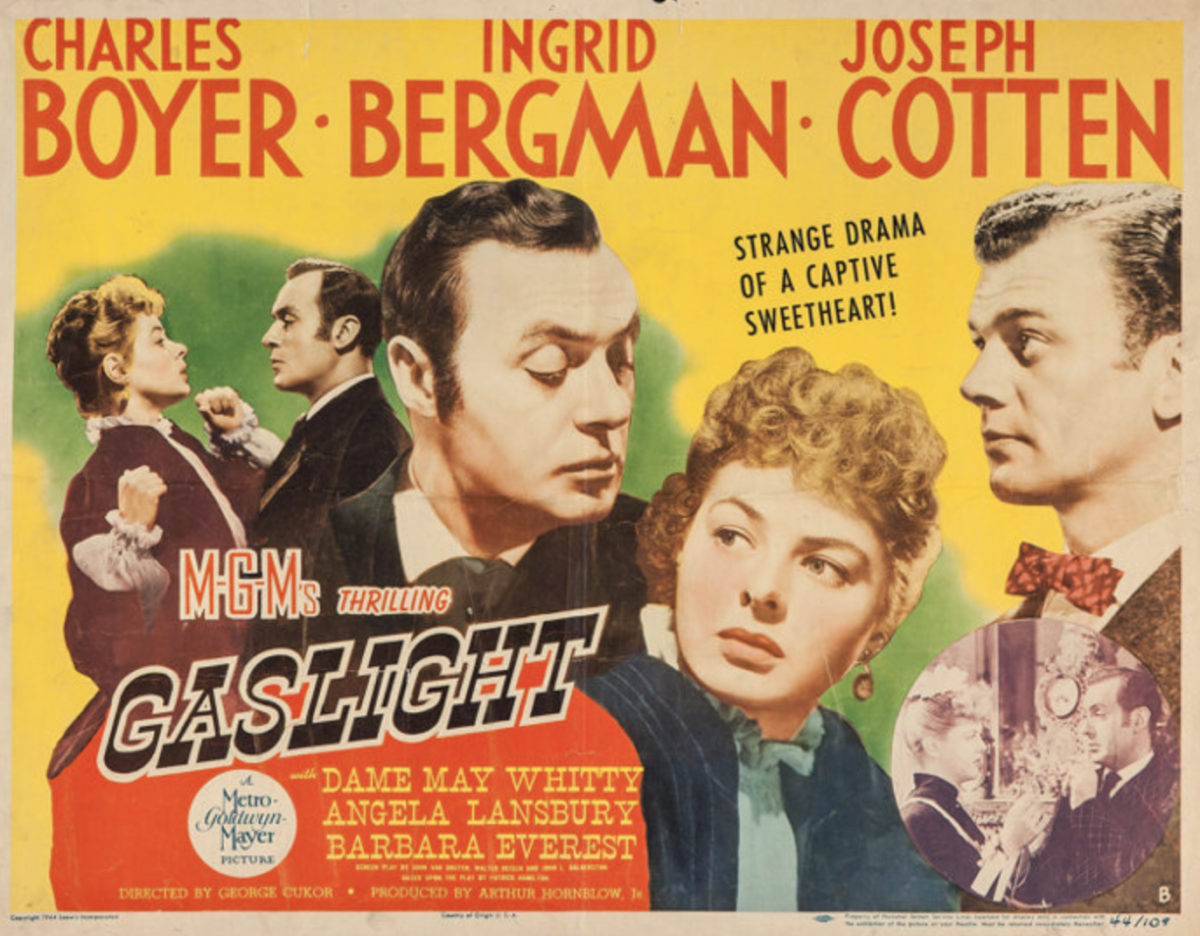
Beware the Gaslighters: Some Simple Questions to Ask To Avoid Getting Manipulated
•
Living in the Age of the Coronavirus, we lose touch with reality. We live in the “eternal present.” Isolated from normal activities and places—and restricted in our actions—we lose our outside reference points. We rely, more than ever, on the information and opinions of mainstream media, government officials, and (God forbid) social media. That…
-

The Broken House of Race in America
•
America is now in the midst of one of its periodic awakenings about race. Every generation or so, something happens to force race into the consciousness of mainstream America. Sometimes these awakenings lead to reform; sometimes they don’t. The current awakening arose from the George Floyd killing in Minneapolis and the growing realization (long…
-

Writing in the Time of Coronavirus
•
Never in our lifetimes have we faced a challenge like the coronavirus. Coming at a time of intense division and mistrust, we must volunteer to give up our way of life in order to save our way of life. We must sacrifice not just for the people we love but for the ones we…
-
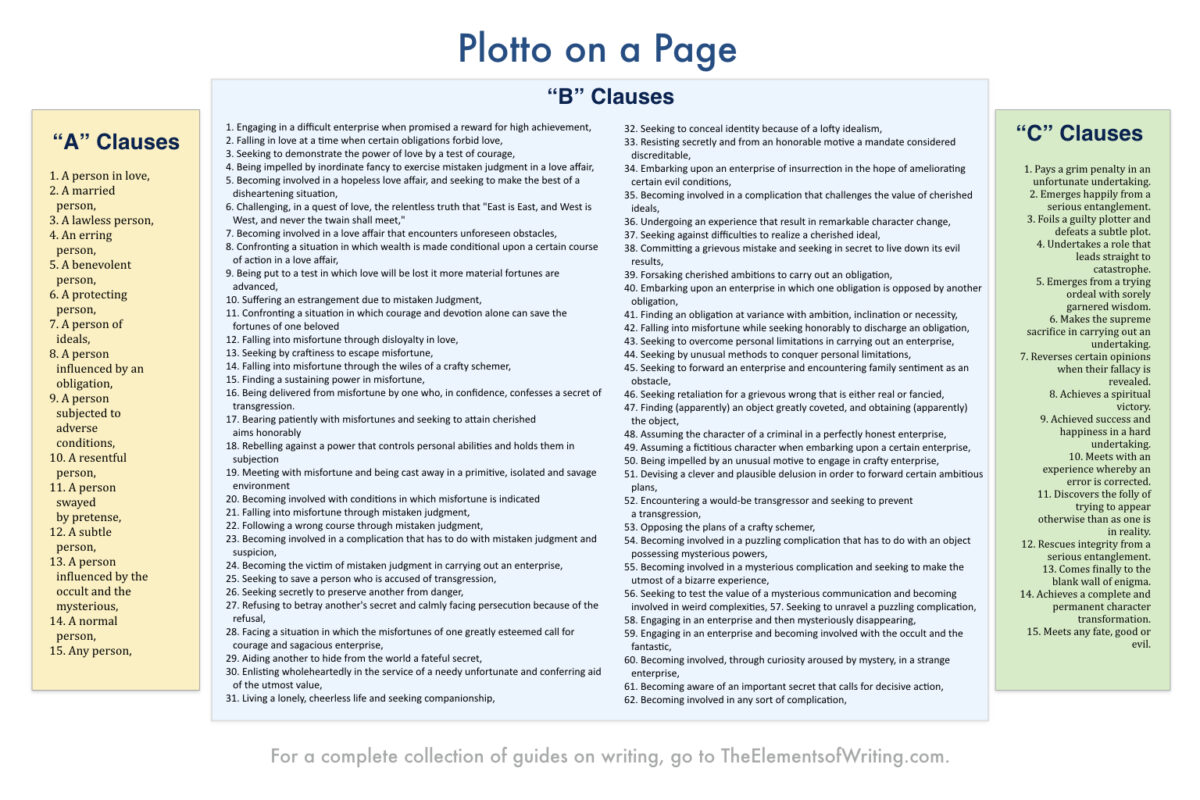
Use Plotto. It Was Good Enough for Hitch …
•
Wherever he went, Alfred Hitchcock carried a small book called PLOTTO. The book provided a mix-and-match formula for storytelling. By taking an idea from three categories–A, B, and C–the “master of suspense” could fashion the plots that terrorized the world for decades. Now, you can get it all here…on a single page. For more…
-
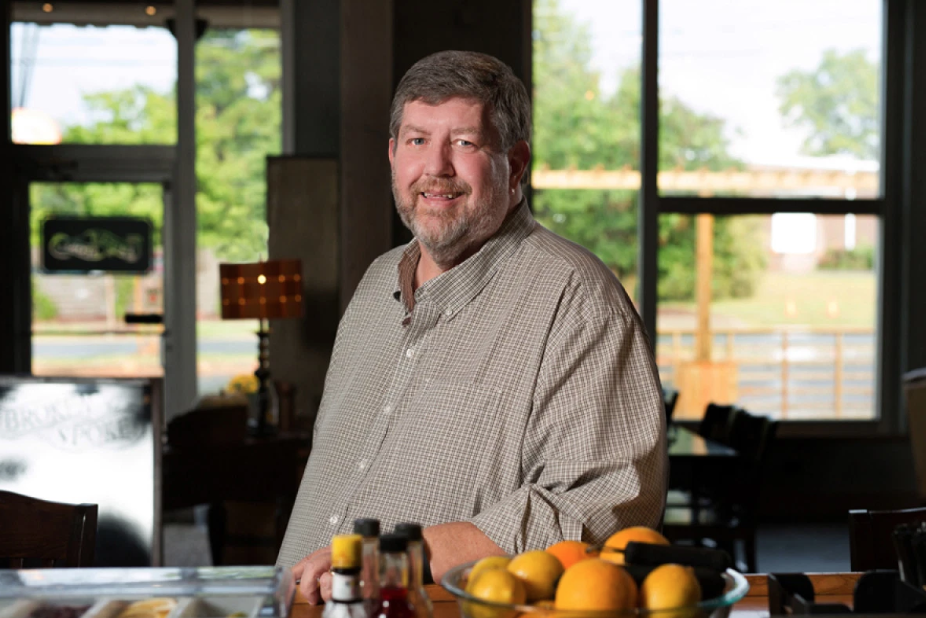
Tommy Tomlinson on Writing a Memoir About Obesity
•
This is the first part of a two-part interview with the longtime columnist, author, and podcaster Tommy Tomlinson. You can find Part 2 here. The challenge of philosophy, the ancient thinkers said, is to “know thyself.” But as he turned 50 in 2015, Tommy Tomlinson struggled with a different, more difficult question: How did…
-
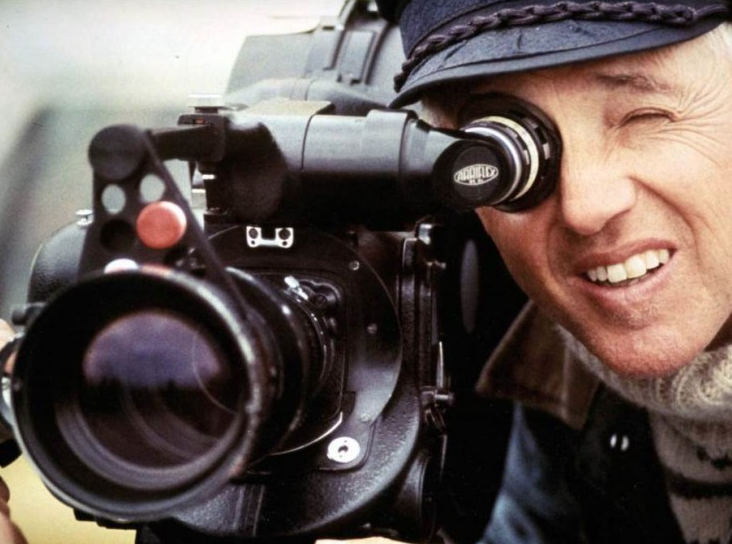
Haskell Wexler’s Lesson for Writers: Gather Lots and Lots of Materials … And Only Then, Organize and Write Your Piece
•
Maybe the greatest challenge of writing is what comes before writing: gathering materials. Often, we are so eager to put words to paper that we start drafting before we have the necessary materials — stories, portraits, facts, definitions, background information, and so on. We begin with a topic and then start to write what…
-
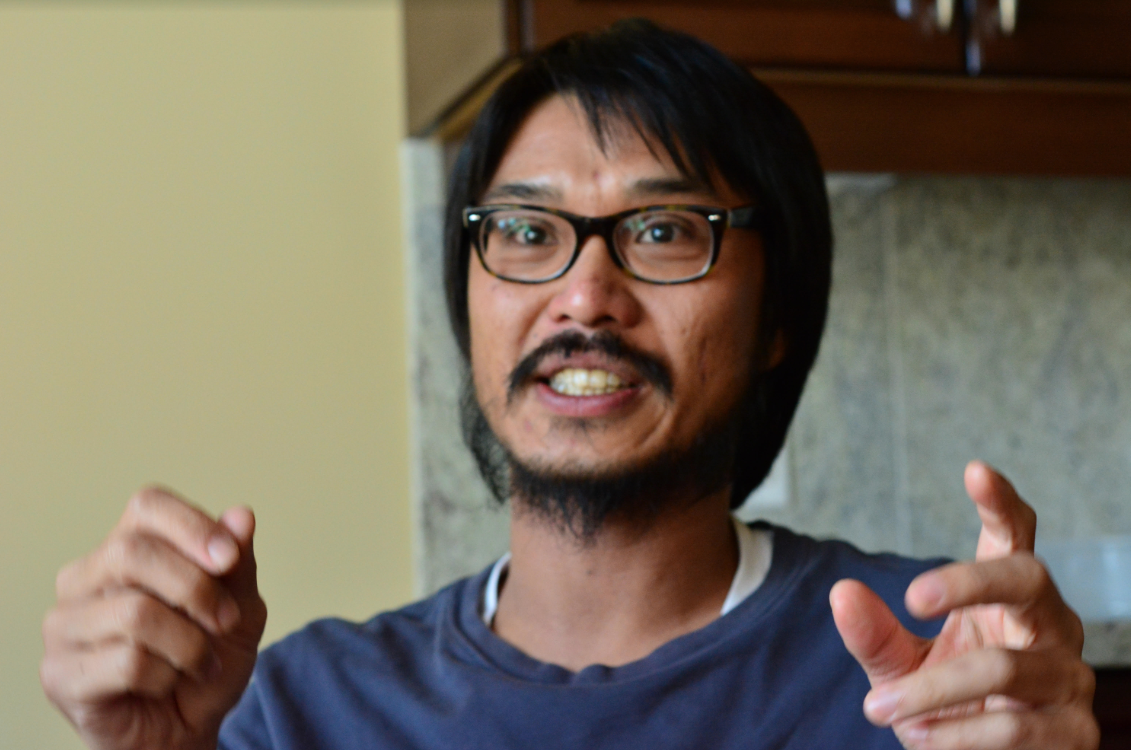
Edwin Wong on Risk and Tragedy: The Literary Power of High-Stakes Gambles, One-in-a-Million Chances, and Extreme Losses
•
Edwin Wong might be the most unusual literary critic and theater mogul you ever know. And he might be one of the most creative, too. His new book, The Risk Theatre Model of Tragedy, offers an update on (arguably) the most important form of literature. According to Wong, tragedy poses the same kinds of…
-
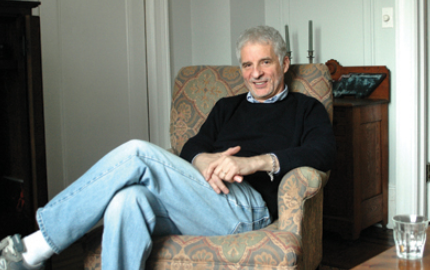
Daniel Menaker on Tragedy, Checking Facts, Writing, and the State of Publishing
•
Daniel Menaker likes stories that go “spooling off” in different directions, in unpredictable but necessary ways. His own life—as a red diaper baby, high school teacher, fact checker, editor, and writer—has had its own way of spooling off in different directions, sometimes tragically and sometimes humorously. Menaker’s first story treated, fictionally, the death of…
-
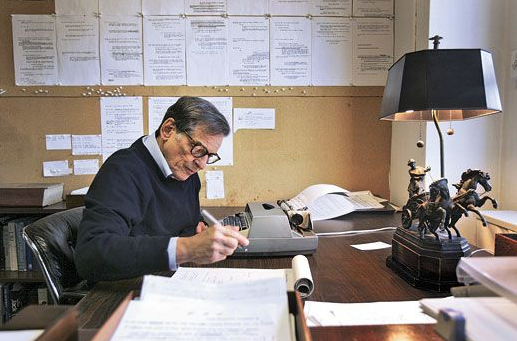
How He Does It: Robert Caro Explains His Research and Writing Process
•
So far, Robert A. Caro has published 4,816 pages of detailed, riveting history in five books–the first about New York’s master planner Robert Moses (The Power Broker), the next four about the life and times of President Lyndon Johnson (The Path to Power, The Means of Ascent, Master of the Senate, and The Passage…
-

Tina Cassidy on Beats, Book Topics, Foils, and Plotting
•
Like other journalists of this late-print/early-digital age, Tina Cassidy has taken on a number of challenges as a writer. And more than most, she has succeeded. Cassidy was a reporter for ten years at The Boston Globe, where she covered business, politics, and fashion. A Rhode Island native, she published articles in the Providence Journal…
-

Always Write About Just One Idea. Here’s How.
•
If you chase two rabbits, you will not catch either one. –Russian proverb In projects small and large–everything from an email to a book–we often struggle to develop and state a clear point. Too often, we spit out a mess of ideas rather than deliver a clear message. The result is confusion–for both the writer…
-
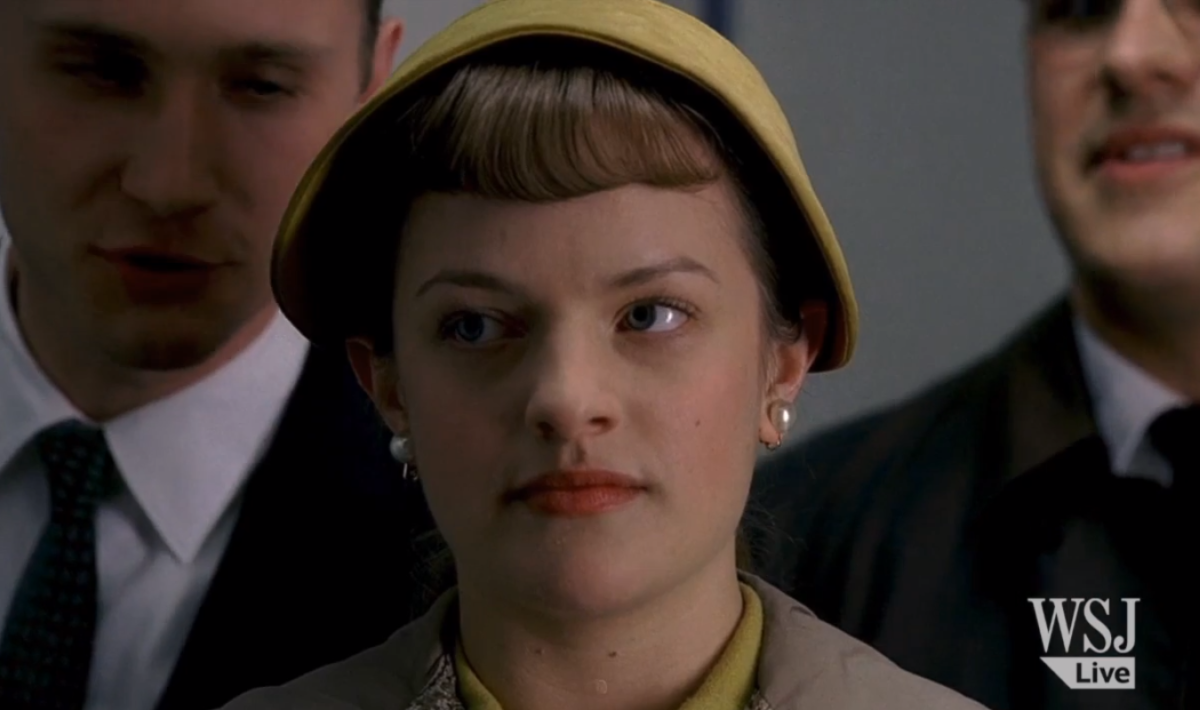
Create a Great Setting for a Story: A Small, Knowable Place
•
Every great story contains a bunch of basic elements–complex characaters who offer glimpses into the variety of human motivation, action that reveals motivation and conflict, details that offer glimpses that most readers would miss, and more. To many, the setting offers the container of characters and action. To others, the setting is like an all-present “extra,”…
-
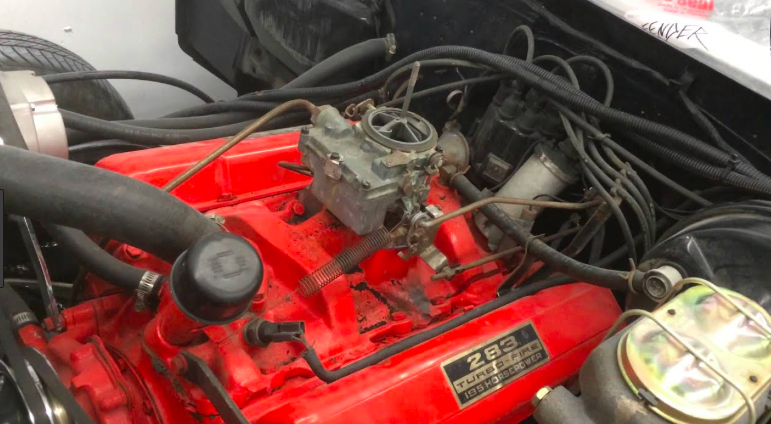
The Power of Artifacts in Storytelling: Put Something in Your Character’s Hands
•
When you watch a great period television show or movie, it’s always fun to see the artifacts that help to revive bygone periods in history. Every prop reveals something about the characters, their community and culture. Artifacts being us into a particular time and place. The objects say something about the values of the characters. Holding a…
